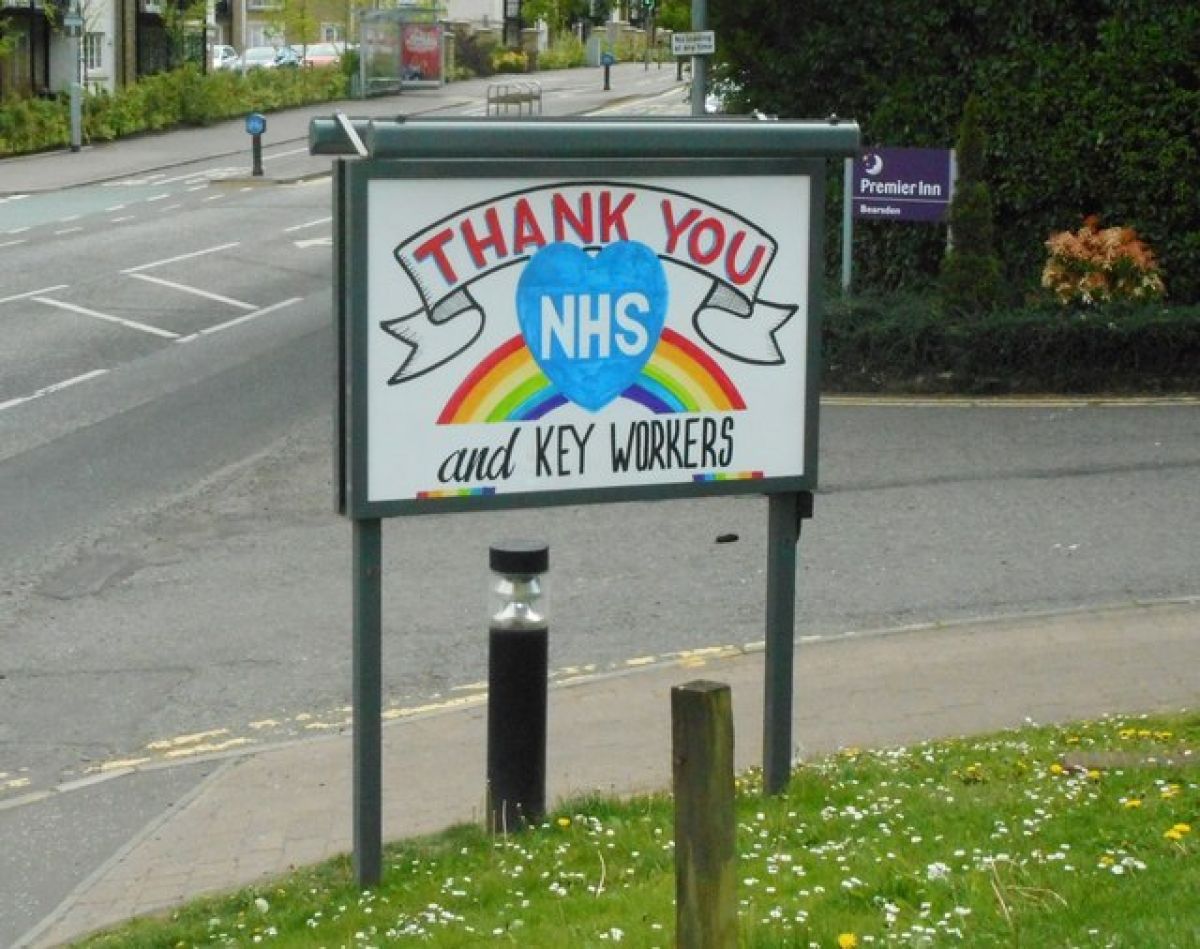Can pharmacogenomics be introduced to the NHS?
By Isobel Green

The general conversation between a patient and a doctor involves a patient describing their ailment, the doctor investigating what has been described and then deciding on a diagnosis and treatment plan. However, when they prescribe you a treatment, it is usually extremely generic to the diagnosis.
Medicine follows a ‘one size fits all’ approach. It is expected that one treatment should work for everyone with the corresponding condition. But it is not expected that one TV channel will satisfy everyone wanting to watch TV, hence we are adorned with hundreds of channels. So why is medicine any different?
As individuals, differences in our DNA make us all unique. We therefore have varying responses to drugs. Some will benefit from a medication, some will not respond and some will have adverse reactions.
Drugs are usually tested on a large population and the average response is recorded: evidence based medicine. But there is often little alternative for those which do not fit the average. The personalisation of medicine is tailoring treatments based on your individual needs. The concept is not new, but being able to predict a drugs reaction in our bodies has not been possible before.
What is pharmacogenomics?
Pharmacogenomics is a branch of personalised medicine. It is the study of how genes affect a person’s response to drugs. It involves determining genetic differences associated with adverse drug reactions by performing a genetic sequencing test. If genetic variations are found in a patient, adjustments can be made to their medication such as dosage or changing the drug.
The genetic sequencing test involves taking a blood, saliva or body tissue sample to be analysed in a laboratory. The results of this test can then be matched to appropriate medications. It was recently announced this service might be available on the NHS by next year.
Why integrate pharmacogenomics into the NHS?
You might be questioning the necessity of pharmacogenomics, particularly its integration into the NHS. Adverse drug reactions are more common than you might think, particularly with commonly-prescribed drugs.
- Only about 50% of people taking antidepressants notice improvement in symptoms
- Over 5 million people in the UK receive no pain relief from codeine
- 6.5% of UK hospital admissions have adverse reactions to medications
- 15% of UK hospital inpatients have adverse reactions to medications
- There are 8000 overnight hospital stays a year in the UK due to adverse reactions to medications, costing £1 billion
The general premise of personalised medicine is to use the known individuality in a population to improve patient diagnosis, care and treatment.
Strategies are needed to employ personalised medicine such as a specific test for a certain mutation in a tissue to prioritise the use of a specific treatment. A more recent strategy, which is being introduced to the NHS, is to employ broader tests which can test for hundreds of genetic variants as opposed to just one. This will allow for precise treatment monitoring.
Health economists work to provide information on whether to introduce a new intervention into a healthcare system. They base this information on the value the intervention can provide to the system, compared to what is currently in place, so that the fixed healthcare budget can be spent appropriately.
Health is valued in quality adjusted life years (QALY’s) – a measure of quantity and quality of life. QALYs quantify the health effect of a medical intervention. A valuable intervention results in more QALYs gained for less cost. For example, cancer medications are easy to measure with QALYs as it is easy to determine how many extra years of life a patient receives from the medication.
Does pharmacogenomics hold any value to the NHS? On paper, yes. An economic analysis of pharmacogenomics will highlight the cost-effectiveness of the intervention as the genomic tests are relatively cheap for the amount of QALYs gained.
However, this does not take into account implementation issues. Practically, pharmacogenomics will be a nightmare to implement. GPs and clinicians will have to develop their knowledge of pharmacogenomic relevant medicines, and then adapt their consultations to account for the genomic testing. This assumes they are willing to change the way they work.
It will have to be decided when is best to test individuals; when they are born, or to wait until they need a medicine. An information system is then required to hold and transfer individuals information.
There are also patient level factors to be considered as part of this implementation. A patients ignorance or poor health literacy may hinder their acceptance of the care. There may also be reservations towards knowing their genetic status in situations where there is an absence of effective treatments for conditions such as Huntington’s disease or Alzheimer’s.
Why is it now then that the government have decided it is a good time to introduce pharmacogenomics to the NHS? There are still a lot of factors that need enlightening; who to test, when to test them and how to gain the support of clinicians. Following the COVID-19 pandemic, is the NHS currently in a position to take on such a pioneering technology? Or politically, will it be of great benefit to promote the NHS as a world leading healthcare system in genomics?
With special thanks to Professor Kathrine Payne; professor of health economics at the University of Manchester.







